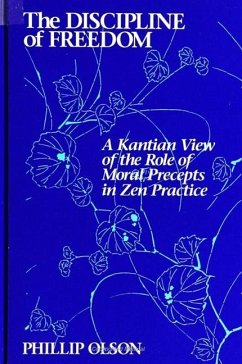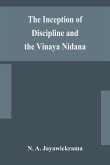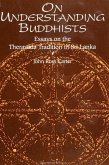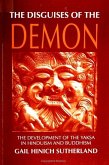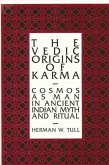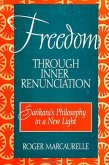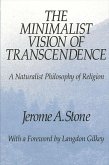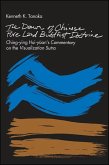The author interprets Zen Master Shunryu Suzuki's account of Zen practice from a Kantian perspective in order to explore the deep connection between Zen meditation, or zazen, and respect for universal moral principles. The author shows that both Shunryu Suzuki and Kant posit a reciprocally supportive relationship between the development of personal autonomy and the respectful observance of moral rules or precepts, and that both see the practice of a discipline restricting the speculative activity of reason as essential to the attainment of true freedom and moral worth. By cultivating consciousness of freedom through insight into emptiness, the discipline of zazen acts as what Kant calls a "moral ascetic," cultivating a mind and body responsive to universal moral concerns. Olson concludes by showing how Kant's notion of the ultimate end of moral behavior--the highest good--is manifested in the Bodhisattva's vow to work for the salvation of all sentient beings.
Hinweis: Dieser Artikel kann nur an eine deutsche Lieferadresse ausgeliefert werden.
Hinweis: Dieser Artikel kann nur an eine deutsche Lieferadresse ausgeliefert werden.

